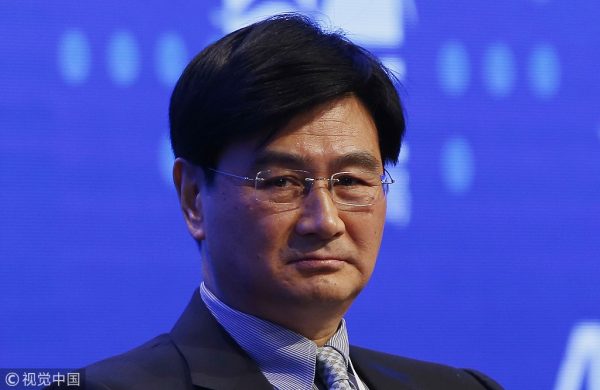
Members of China’s top political advisory body have called for legislation on electronic payments to better guard against risks and protect consumer rights.
It is an urgent task for legislators to conduct research and draft laws on electronic payments to clarify rights, obligations and the division of regulatory responsibilities of various players in the payment industry, said Ge Huayong, chairman of China UnionPay and a member of the 13th National Committee of the Chinese People’s Political Consultative Conference, in a proposal co-signed with Jin Penghui, another fellow member and the deputy director of the Shanghai Head Office of the People’s Bank of China.
“Risks associated with payments, such as leakage of personal information, theft of funds, law violations and fraud, have already affected the standardized development and safe running of the payment industry,” Ge wrote in the proposal.
With the help of a license to run the payment business, some technology companies have gathered funds rapidly but avoided regulatory supervision. Other than offering payment services, these companies also conducted cross-sector financial business including securities, insurance, wealth management and small loans, he said.
Some payment institutions violated rules by lending their payment channels to others, and such activities facilitated illegal fundraising. Some even sold their clients’ personal account information, providing opportunities for fraud and theft of funds, he added.
To ensure reasonable, fair and orderly competition among various market players in the payment industry, the two political advisors suggested legislators work quickly to draft laws regarding electronic payments.
“The laws should clarify various elements of electronic payments including rights and obligations of payers, payees and payment institutions, as well as other elements such as risk bearing, contract specification, consumer protection and cross-border payments,” Ge wrote in the proposal.
He also advised legislators to clarify the responsibilities and the division of work among regulatory authorities, as well as the relations between business innovation and standardized development of the payment industry, and the responsibilities of different types of regulation on the industry, behavior and institutions.
He urged the government to regulate market access to the payment industry more strictly.
“I hope regulators will raise the threshold of market access for the payment industry by raising requirements on the capital and provisions of third-party payment institutions,” he said on the sidelines of this year’s session of the 13th National Committee of the CPPCC.
In 2017, banking institutions handled 152.58 billion electronic payments in China for a total amount of 2,419 trillion yuan ($382 trillion). Among them, the amount of mobile payments increased by 28.8 percent year-on-year to 202.93 trillion yuan. During the same period, non-bank payment institutions handled 286.75 billion online payments and the amount rose 44.32 percent to 143.26 trillion yuan, according to the People’s Bank of China, the central bank.


